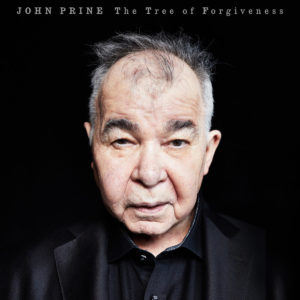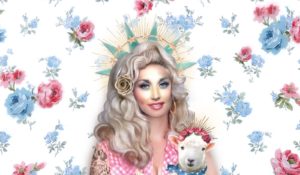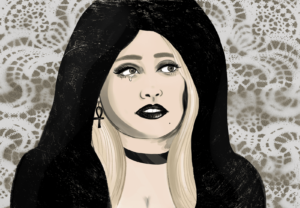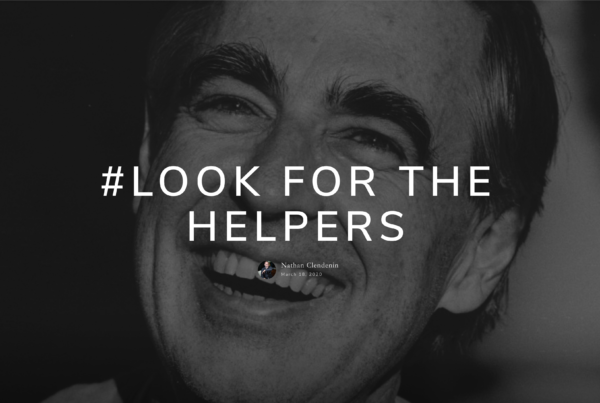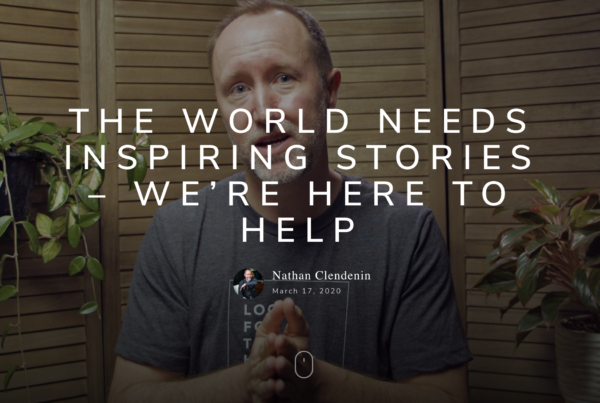Is it possible to summarize the best stories of the decade in a blog post? Probably not, but we can give you our favorites. We are storytellers, but before that, we are story-lovers. We strive to uplift people doing incredible things, including our fellow storytellers.
Below are a variety of stories. Each medium different, each style meaningful, and each story unique. Peer into our minds for a moment to discover what we think are *drumroll please* the best stories of the decade!
#1 “Room”
Chelsey’s pick (Cinema/Written Word):
Book – 2010
Movie – 2015
“Room” is a story told from the perspective of a 5-year-old boy, Jack, who has spent his entire life locked in a shed-apartment with his mother, Joy. Jack believes that only the contents of “Room” are real, and everything he sees on television is make-believe. He and his mother are frequently visited by “Old Nick” — Joy’s kidnapper and rapist, and Jack’s biological father. In an attempt to escape, Joy confesses to Jack that the world is bigger than “Room.” Once the pair are finally set free, they both struggle adjusting to the outside world.
Very few movies have moved me to tears. Like, very few. If you haven’t read the book or watched the movie, I’ll try to not give too much away. (But even if I do.. Go read! Go watch!) This story is honest and raw and will make you a better human.
So, why is this story so good?
 Author Emma Donoghue wrote “Room” from Jack’s perspective. This decision is hugely impactful, as the audience experiences new revelationsas Jack observes his world. Observations that Jack doesn’t quite understand are painfully obvious to readers or viewers — hand-shaped bruises on Joy’s neck, the squeaking noisecomingfrom the mattress when “Old Nick” visits. The story is haunting and heartbreakingly beautiful.
Author Emma Donoghue wrote “Room” from Jack’s perspective. This decision is hugely impactful, as the audience experiences new revelationsas Jack observes his world. Observations that Jack doesn’t quite understand are painfully obvious to readers or viewers — hand-shaped bruises on Joy’s neck, the squeaking noisecomingfrom the mattress when “Old Nick” visits. The story is haunting and heartbreakingly beautiful.- Joy lies to Jack to protect him. This concept may hit close to home for parents. As a mother, she creates her own narrative for the world so that Jack won’t feel like he is missing out — like everything he needs is in “Room.” His life experience is completely different than most, with complete seclusion — only a single skylight that is a window to the outside. I cried hard core when Joy pleads with Jack to escape. He doesn’t understand; his entire world is “Room.”
- Jack misses “Room.” This childlike vulnerability and truth of this cuts deeply. The transition out of his comfort zone is overwhelming for him. Everything outside is new. He isn’t used to sharing his mother, and he asks to go back to “Room.” Hearing Jack ask to go back to “Room” made my heart skip. This story isn’t a euphemistic happy-ever-after. This feels like real life. Our hearts break to hear that Jack felt more safe in captivity, but we also understand that “Room” was all he’s ever known.
- “Room” explores the effects of trauma in an authentic, VALIDATING way. Survivors of abuse are often scarred with PTSD, depression or other mental health disorders. Trauma literally affects your brain chemistry. And society’s often judgemental lack of understanding only creates more scars. The empathy that the reader or audience member can feel while watching or reading “Room” builds bridges of understanding for people who are unfamiliar with abuse. And 👏🏻 that 👏🏻 deserves 👏🏻 applause. Any story that can provide healing for victims or change society for the better is a good story in my book.
- “There are few films that explore abuse and post-traumatic stress disorder as realistically and poignantly as Room while managing to avoid sensationalism and stereotyping.” – Selena Neumark, article by PopMatters
- More than half of the story is based in a single location. Only a very strong story (with strong actors!) can carry a narrative with so little environmental change. Since we’re stuck, literally and figuratively, in “Room” for so long, we’re forced as an audience to lean in and get close. There is no room to hide. No space for you to escape the discomfort. The forced intimacy of the film in particular communicates a sense of claustrophobia — all while honing in on character development.
This is by no means an exhaustive list of the reasons “Room” is a wonderful story. If you haven’t already, do yourself a favor and read and/or watch “Room”!
If you’re still not convinced, watch the haunting trailer here.
#2 “Summer’s End”
Marin’s pick (Music):
Album – The Tree of Forgiveness
To ask me “which song told the best story this decade?” is like asking a puppy which squeaky toy he wants to play with. The answer is hard to find because SO many great options exist. Music is incredibly subjective to each listener’s experience. I could’ve chosen a song from a Kendrick Lamar album or a Beyonce track, or one of Adele’s heart-wrenching ballads that would make anyone tear up, and those all would have been respectable options of excellent storytelling. But I decided to go a different route, one you might have not travelled before. One that represents the decade, and the people who lived in it, in a way you may have missed. I am taking this opportunity to put a spotlight on John Prine’s “Summer’s End” from his newest album The Tree of Forgiveness. This emotive storytelling experience takes a deep dive into what it looks like to seek solace when suffering. Listen and watch the official video for it here. For the lyrics, click here.
In Prine’s music video, a mom dies because of opioid addiction and the consequences that follow her death. The video portrays an old man and a young girl (presumably his granddaughter) living life together and adjusting their routine after the passing of their loved one. This story hits home for Prine, as he lost someone who he considered family to this addiction.
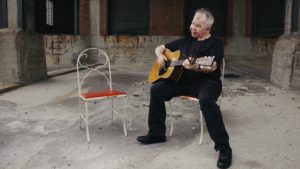
He isn’t the only one. An estimated 10.3 million Americans aged 12 and older misused opioids in 2018. And according to the White House website, opioid overdoses accounted for more than 42,000 deaths, more than any previous year on record. This is a huge deal. “Summer’s End” shows the role love plays between a mom and daughter and a grandfather and granddaughter, who are struggling with a very real, very relevant heartache for many people living in this decade. The title represents not only a season of the year ending, but a season of life shifting for this family.
The interesting thing is that the first listen through of this song (without seeing the video) just sounds like a beautifully melancholic love song. An old story that many of us have heard before, about a love that lasts a summertime and then fades. Prine uses great imagery of swimsuits drying, old photos of them together, vacation ends.
Or maybe you’d think it’s about a family being together for a childhood of memories and then one member moving away. Or perhaps it is a friendship fading as the years go by. These are all narratives that you might have even been a part of at one point in your life. So how, might you ask, could this be one of the best stories of the decade when even the subject matter is subjective?
The answer is that the story represented by the song is one that represents a much larger story (as so many good stories do). It is about loneliness, nostalgia, love, and community. These emotions are felt so clearly not only by Prine’s words but also in the way he plays the guitar. He uses a very, very repetitive plucking pattern, which to me represents the cyclical nature of loneliness and struggle. “Summer’s End” provides a tangible slice of the human experience. That’s an impressive thing to pull off with just a few chords and a simple melody. This song is important, it is hauntingly articulate, and it is a story we should all hear. Thanks, John.
#3 “Mad Men”
Elliot’s pick (Television):
First episode: July, 2007
Last episode: May, 2015
Mad Men is a seven-season drama about one of Madison Avenue’s most prestigious ad agencies during the 60s and 70s. Don Draper is a mysterious and charismatic protagonist, but as the show peels back the layers of his past, audiences see him at his most vulnerable and ashamed. At its core, this show is about a man’s journey to understand and accept himself for who he is.
Additional protagonists Pete Campbell, Peggy Olson, Joan Harris, Betty Francis, and Roger Sterling (plus a deep bench of complex supporting characters) experience colossal transformations over the show’s ~10 year timeline. Events like the Cuban missile crisis, MLK’s assassination, and the moon landing act as a backdrop for each character’s lives.
What makes me care about this show comes almost entirely from the characters’ emotions, experiences, and transformations. Also, as someone who didn’t live through the 60s and 70s, it’s interesting to learn about that time period through personal stories.
Mad Men has won many awards, including five Golden Globes and more than ten Primetime Emmy Awards. It has been picked apart to no end on YouTube and Reddit. It’s an acclaimed series born during a golden age of narrative television that I believe will age very well.
This show has had an enormous impact on me as a storyteller, marketer, and human being. But why do I love it?
- It builds a strong, robust foundation for story
The building blocks of story are character, desire, and conflict.
Every central character on this show (and even some of the supporting cast) is given a rich backstory, complex desires, and realistic obstacles to overcome. For example, Don’s central desire is to be known and loved, but his destructive habit of pushing people away and hurting those close to him keeps him from achieving this. His childhood and early adulthood are at the root of this flaw, which he has to recognize and process in order to grow as a character.
Two other characters, Pete and Peggy, both endeavor to create something worthwhile with their lives and achieve professional success, but their journeys are vastly different due to their respective obstacles.
I could go into a very deep rabbit hole here, but I think you get the point.
- It always shows & never tells
Nothing offends me more than being spoon-fed a plot. I can’t stand predictability. Clichés give me hives. Mad Men is guilty of none of these storytelling sins.
On its surface, Mad Men is about a particular industry in a particular city in a particular time period, but its messages and storylines transcend all of those details. It’s up to the audience to figure out what the actual stories are, what the show is really about.
I’m not ashamed to say that after more than five rewatches, I am still discovering details in this epic drama. This show is like literature – you can revisit and relive its stories many times over without it becoming stale. I think it’s a rare person who can watch this show once and squeeze out every drop of story.
- Nuance, nuance, nuance
We define a protagonist (aka hero, main character) as the character with whom the audience most identifies and sympathizes.
There is no single “hero” in Mad Men. There are many, and each of them is flawed.
One of my favorite characters, Pete Campbell, is a demonstrably terrible person. He’s a philanderer, liar, and in the words of Lane Price, a “grimy little pimp.” However, Pete also demonstrates an above-average sensitivity to matters of race for his time. He’s remarkably good at his job and at predicting where markets will go. His character demonstrates that bad people are capable of good things, and in the end, we begrudgingly root for his success. In short, he’s complex – and doesn’t that make for a more interesting character than a flawless superhero?
My biggest gripe with Mad Men is how monochromatic it is. There are very few people of color and over the course of 92 episodes, there is only one scene that shows exclusively black characters. That said, the show does not shy away from depicting racism, homophobia, sexism, and other social injustices in their true and honest light; it does not attempt to white wash or romanticize the time period.
In conclusion, this is by no means an exhaustive list of why Mad Men is the ‘best’ show of the last decade. If you want to know more, please check out The Take on YouTube, or better yet, watch the show’s pilot. If you have a favorite TV show of the last decade, please share below!
Honorable mentions: Abstract, Atlanta, Barry, Big Little Lies, Boardwalk Empire, Breaking Bad, Crazy Ex-Girlfriend, The Deuce, (Pre-Season 7) Game of Thrones, The Office, Parks and Recreation, Rick and Morty, Sharp Objects, Watchmen.
#4“The Power of Vulnerability”
NATHAN’S PICK (TED TALKS):
I love TED talks. They’re short on length but long on inspiration. The way a TED talk makes me feel after watching is the same feeling we aim to leave with our audiences. That feeling of inspiration, motivation and energy. Inspired people change the world. Inspired people are contagious with their energy and excitement. The world needs more inspired people and that is the mission of StoryDriven.
TED, the organization, launched its first talk on the web in 2006. This past decade was the decade of the TED talk. Amidst a backdrop of negative, fear-based news feeds, people are longing for inspiration. I watch quite a few TED talks, for this reason. Choosing my single favorite talk from the past decade took me down a wonderful memory lane.
There was of course Simon Sinek’s “How Great Leader’s Inspire Action,” where he introduced the concept of “Starting with Why”.
I watched Amy Cuddy’s (now controversial) talk on body language. I admit to doing a power pose more than a few times in the bathroom before a big client meeting. As a professional storyteller, I learned a lot from Nancy Duarte’s The Secret Structure of Great Talks. In fact, we often employee her research findings when we’re promoting a new idea for our clients.
I could name so many more. In fact, here are a few curated lists of talks that could keep you watching and inspired for hours.
“Maybe stories are just data with a soul.” -Brene Brown
Above above all these great talks, one singular talk rises above the rest…. And I doubt I’m the only one who considers Brené Brown their best friend they’ve never actually met. But that’s how you feel after watching her TED talk on The Power of Vulnerability. Because of her vulnerability in the talk. She walks the viewer through her journey in researching shame. And she shares her discovery that vulnerability is the key to human connection. “In order for connection to happen, we have to allow ourselves to be really seen.”
This talk resonates for me in so many ways. My mission is to see people using their gifts for the good of the world. I spoke about that in my own TEDx talk in March. Cultivating your gifts takes vulnerability. You’re sharing something unique to the world and they may judge you and ultimately reject you. But vulnerability is what will draw in your earliest adopters. They’ll see that spark in you that just isn’t there if you keep it safe.
I found that being vulnerable, which I sometimes call being transparent, is good for building trust. I wrote more about that here, but the idea is that we often hold back a mistake or a fault because we fear damaged trust. Instead, what we end up doing is breaking down trust when we could be building trust through vulnerability.
Without further ado, here’s Brené Brown’s talk. Oh, and if you’re hungry for more, definitely check out her special on Netflix. It’s amazing to see how she expertly merges information with entertainment, creating a new genre of content in the process.
#5 “Dolly Parton’s America”
Malu’s pick (Podcasts):
Dolly Parton’s America is a podcast series that explores why Dolly Parton is one of the most beloved women in America by drag queens and Southern belles alike. Jad Abumrad, producer and co-host of the popular and industry-leading Radiolab, teams up with Brooklyn Nine-Nine alumna Shima Oliaee to ask: how did Dolly end up at the intersection of America’s deep cultural divide? And how has she managed to stay there for so long?
There are so many other podcasts that I was going to write about that have transformed the audio industry in big ways; there’s no way I couldn’t mention season one of Serial (2014) and the radio show that many audio producers cite as their introduction into audio documentary, This American Life (this episode is one of my favorites). But Dolly Parton’s America was released in October 2019, so it’s relatively new and fresh on my mind, and I think they take one of the most fundamental pieces of audio storytelling and do it really, really well.
When you’re listening to an audio story, there’s a lot that can distract you. You’re not sucked in by visual tools like light, color, and contrast to keep you engaged. One of the ways to keep you wanting to listen is to constantly provide novelty, be it in the mixing, the score, or the content of the piece.
The sense of wonder and awe is often done poorly, relying on the host to pipe in an “I never knew that!” after a revelation. But when it’s done right, you can’t turn (your ear) away.
Abumrad and Oliaee start off strong with the very first episode with a very clear picture of the contradiction in Dolly as an icon of both liberal feminism and Southern conservatism. Even if you hadn’t really thought about it, the dichotomy is clear. Her proud feminine posture and iconic boobs seem at odds with the modesty of traditional Southern country culture. Her classic country sound (though also revolutionary in its crossovers with pop) defies her glittery pink butterfly aesthetic. The show touches on these points, but moves past the obvious to reveal parts of Dolly’s life and artistry that more honestly and comprehensively reflect her complexity.
In the pilot, titled “Sad Ass Songs”, they flip the idea of a Dolly Parton song from something bubbly and bright to reveal that her early music was profoundly sad and spoke of violence and injustice against women. In those lyrics, Dolly herself is rewriting a genre of songs known as “Appalachian murder ballads”, in which the singer is usually recounting the brutally killing of a woman, and telling the story from the woman’s perspective.
This is the kind of groundbreaking revelation that comes up again and again throughout the series. I’ll leave it at that example so you can go ahead and start binging the show right after reading this post, but you can be sure that it delivers wonderful tidbits about Dolly’s magic that truly frame her mystery in a new, exciting, and honest way.
Each episode of Dolly Parton’s America leaves you feeling like you changed your mind about something that you didn’t even know much about in the first place. Maybe you already know all there is to know about Dolly, but if you’re like me, you’ll be discovering something new at each techno-remix transition of “Jolene” (in true Radiolab fashion!). Listen, and be prepared to pick This is Dolly Parton over Classic Christmas Hits as your holiday traveling playlist this year!


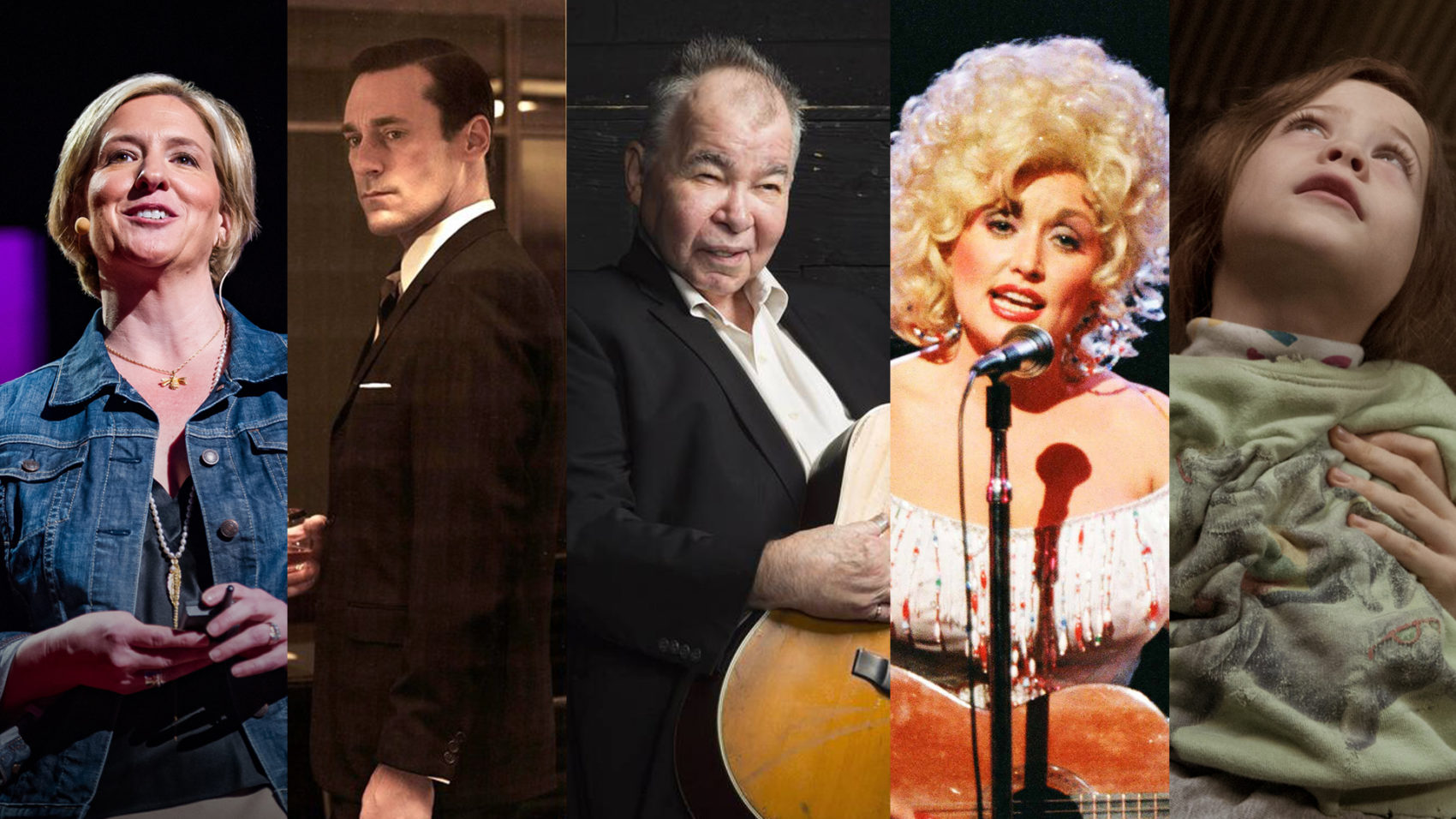
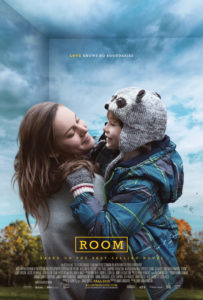
 Author Emma Donoghue wrote “Room” from Jack’s perspective. This decision is hugely impactful, as the audience experiences new revelationsas Jack observes his world. Observations that Jack doesn’t quite understand are painfully obvious to readers or viewers — hand-shaped bruises on Joy’s neck, the squeaking noisecomingfrom the mattress when “Old Nick” visits. The story is haunting and heartbreakingly beautiful.
Author Emma Donoghue wrote “Room” from Jack’s perspective. This decision is hugely impactful, as the audience experiences new revelationsas Jack observes his world. Observations that Jack doesn’t quite understand are painfully obvious to readers or viewers — hand-shaped bruises on Joy’s neck, the squeaking noisecomingfrom the mattress when “Old Nick” visits. The story is haunting and heartbreakingly beautiful.